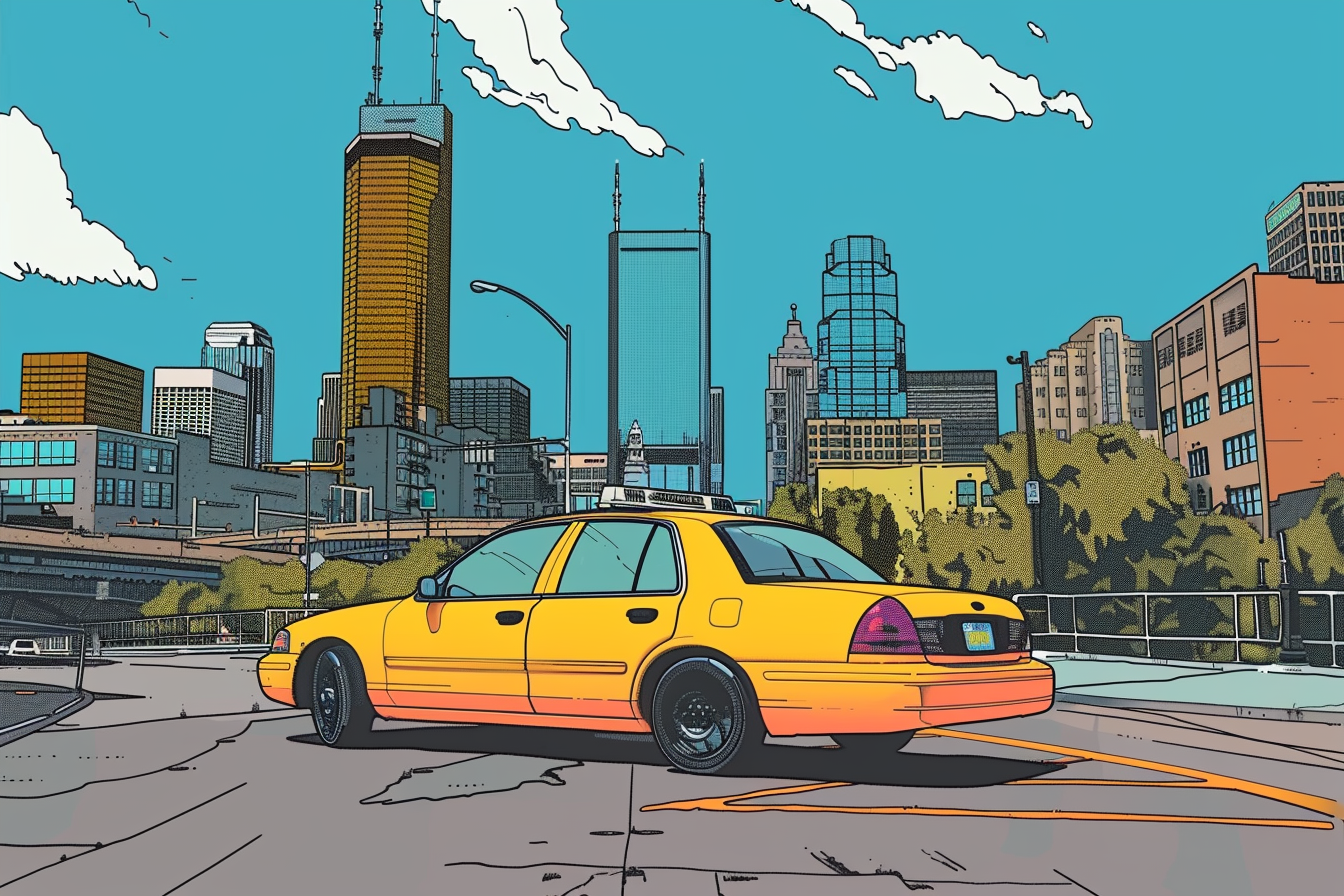
- Uber and Lyft threaten to leave Minneapolis over a city ordinance mandating a minimum wage for drivers
- Ride-share companies emphasize the need for sustainable policies to operate for both drivers and riders
- Both Uber and Lyft have made similar threats in the past in response to local regulations
Uber and Lyft threaten to leave Minneapolis over a city ordinance mandating a minimum wage for drivers, with both companies planning to cease operations on May 1. The companies express support for a minimum earnings standard but emphasize the need for sustainable policies to operate for both drivers and riders.
What to know: Ride-share companies Uber and Lyft are threatening to pull out of Minnesota's largest city in response to legislation regulating a minimum wage for drivers. The competing companies both intend to leave the Twin Cities at the beginning of May after the city council voted to mandate a minimum wage for drivers on Thursday. Uber supports comprehensive statewide legislation that guarantees drivers $35/hr minimum earnings while working and protects their flexibility and independence. If this ordinance is enacted, Uber states they look forward to working with drivers, riders, and the legislature to bring rideshare back.
Looking ahead: Uber says it will exit the market on May 1 if the council's mandate is not modified or revoked. Uber competitor Lyft released a similar statement, expressing disapproval of the legislation. Lyft mentioned being committed to working on a more sustainable and thoughtful policy solution but stated that if the current proposal becomes law, it will force Lyft to cease operations in the City on May 1. Lyft has also marked May 1 as the date it plans to end service in the Twin Cities area.
Deeper details: Both Uber and Lyft have made similar threats in the past in response to local regulations. In Austin, Texas, for example, both companies left the area following legislation requiring drivers to be fingerprinted. However, after Texas Gov. Greg Abbott passed state-level regulations overriding the local ordinance, both Uber and Lyft returned to the Austin area without complaint. This pattern of companies threatening to leave and then returning after state-level regulations are passed has been seen in other cities as well, such as New York and Seattle, which have also faced pushback from the industry regarding minimum wage mandates for ride-share drivers.
The backstory: The ride-sharing companies have expressed support for a minimum earnings standard for drivers but emphasize the importance of implementing it in a way that allows the service to sustainably and affordably operate for riders. Both Uber and Lyft have called for collaboration and a balanced approach to legislation. Lyft, in particular, has urged Mayor Frey to veto the current legislation and join efforts to pass a statewide minimum earnings standard that considers the needs of all stakeholders.


